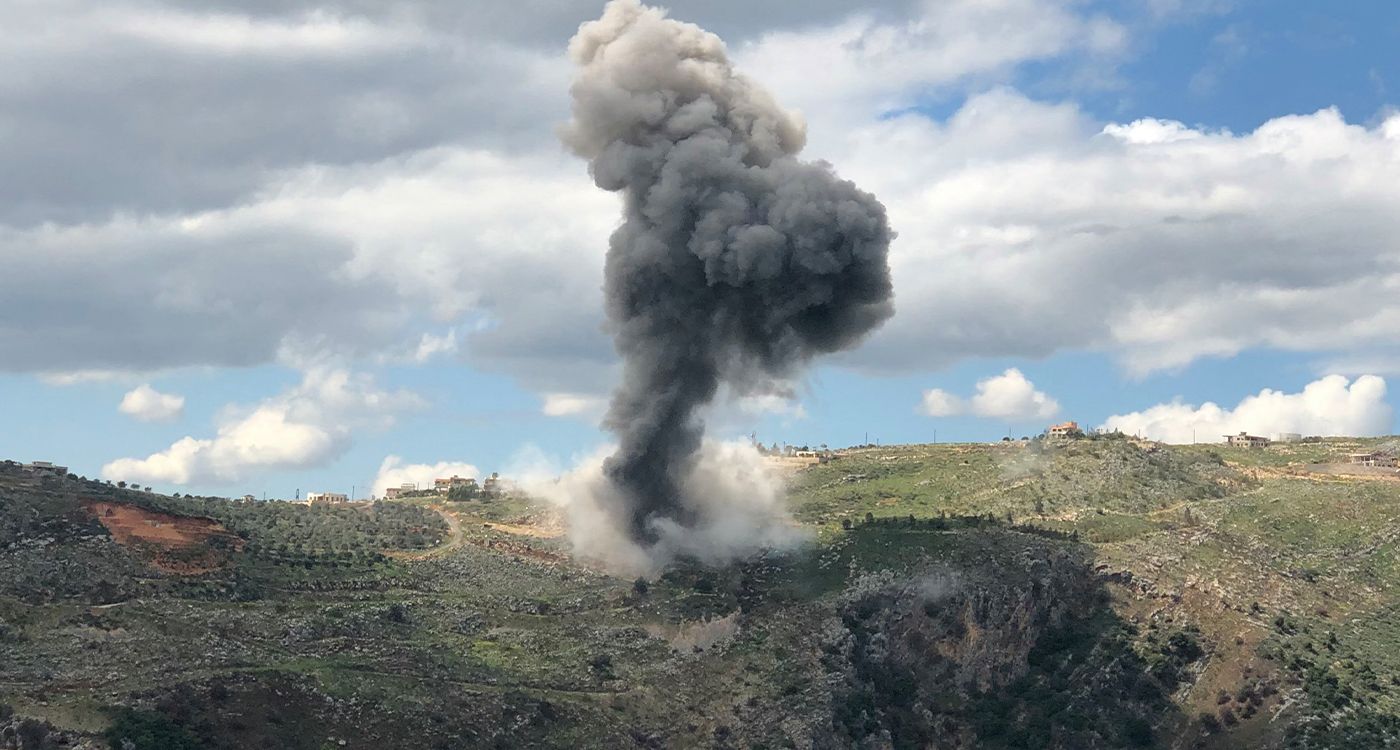
Who fired the missiles at Israel last Saturday? Was it Hezbollah? Its “independent” supporters? Palestinians? No one knows for certain. An investigation is underway, we are told. Yet, this incident has ignited tensions, and it is urgent to identify those responsible for potentially plunging Lebanon back into war. Meanwhile, the government remains strangely calm. One wonders why, especially as Israel has made it clear that it holds the Lebanese State accountable for what’s happening. With the next missile strike, Israel could very well target Beirut. If that occurs, Lebanon’s already fragile economic recovery will be over, not to mention the summer season. And that’s in the best-case scenario. Israel could also be tempted to launch broader military operations, like those currently unfolding in Gaza, as a response to the delays and reckless demonstrations of force by Hamas. The same causes inevitably lead to the same consequences.
When it comes to Lebanon, it feels as if the government is living in some kind of denial. However, the equation is simple. The Americans have repeatedly stressed that Hezbollah must be disarmed across the entire country, and that Lebanon must engage in direct talks with Israel to delineate the borders. Without these steps, there will be no definitive withdrawal, no security and no reconstruction. That’s the way it is.
Since Donald Trump took office, we’ve seen glimpses of the consequences of his wrath. In response, the government prefers not to face the issue. It kicks the can down the road, pretends not to understand and smooths over the rough edges. But the era of “Lebanese silliness” is over. By burying its head in the sand, the government risks losing much more than just feathers. A dose of realism—and even courage—should be injected into Cabinet meetings. Prime Minister Nawaf Salam promises reconstruction, but with what money? The state’s coffers are empty. He also promises to return the depositors' money. Same question: with what money?
Potential donor countries, especially in the Gulf, will not spend a single penny as long as Hezbollah remains armed and the Palestinian camps continue to serve as breeding grounds for armed Islamist groups. In addition, the residents of northern Israel who fled their villages at the start of the “brilliant” support front adventure still haven’t returned home. This is a clear indication that the situation is far from resolved. The pro-Iran militia is reportedly divided into two camps: those seeking a compromise and those willing to fight to the last man. No side will prevail until there’s clarity on the Iranian nuclear issue. Are we heading toward a deal or military action against Iran’s nuclear facilities? The answer should soon become clear. The ayatollahs are fighting for their survival and are unwilling to give up their preferred weapon: war on foreign soil.
Until then, we can only hope that the Lebanese government doesn’t simply lull the Lebanese to sleep, but instead takes bold actions to protect the country.
As John F. Kennedy famously said, “If you do not take control of your own destiny, others will do it for you.”




Comments